MBI Weekly Meeting Seminar
Time: 9.30am-10.30am
Date: Friday, 10 May 2019
Venue: Level 5 Seminar Room, T-Lab
Repurposing Nature: Opportunities for Protein Assemblies at Interfaces
by Prof. Lim Sierin, Associate Dean and Associate Professor, Nanyang Technological University (NTU) Singapore.
Nature provides us with an abundance of biological materials that we have been repurposing to suit our needs. In this talk, I will highlight self-assembling protein subunits that form hollow cage-like structures, called protein cages. Protein cages have been investigated as potential molecular carriers. However, tuning the release rate of encapsulated molecules from these protein cages is a challenge. We hypothesize that by rationally modulating the protein-protein interactions between the protein cage subunits, the release of molecular cargo from the lumen can be tuned. To test the hypothesis, we introduced modifications at the intersubunit interface and the interaction surfaces between two molecules by introducing non-native histidines or substituting the interacting surfaces with other peptide sequences. The effects of the modifications were characterized at various pH-s. The results show that rational modifications of protein-protein interactions have implications on the self-assembly and hence, release rate of the encapsulated molecules.
In recent studies, we found that these protein cages form an ensemble that stabilize oil droplets in water by localizing at the oil-water interface and forming Pickering emulsion. However, their behavior and structural integrity at this interface is rarely studied. Our works elucidate the unique behavior of the protein nanocages that is distinct from other small (monomeric/dimeric) proteins. The protein cage-stabilized emulsion is pH-responsive.
In conclusion, protein cages can serve as an individual molecular carrier or as an ensemble that stabilizes an emulsion and present many opportunities that are yet to be explored.



